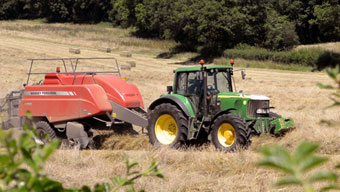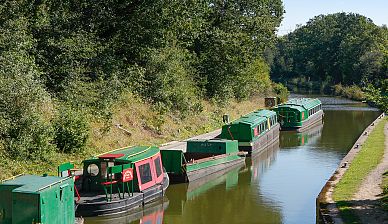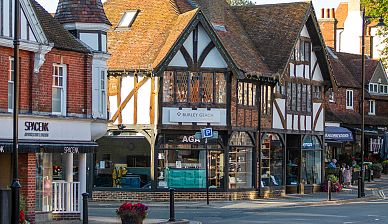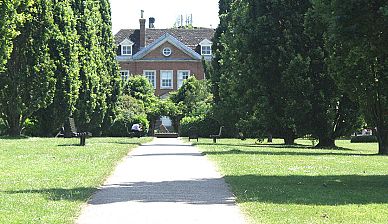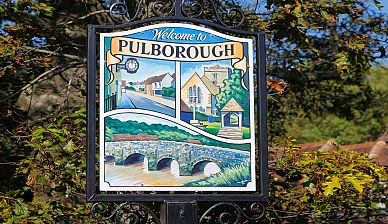Enlarging Gardens: Buying or selling agricultural land
29 March 2023
Enlarging Gardens: Buying or selling agricultural land
A good sized garden has always been close to the top of the list of most buyer’s requirements, even more so since the pandemic.
The many benefits of spending time outdoors are well documented however, the increased competition for family homes in desirable locations has meant that many buyers have had to compromise on the size of their garden.
Homeowners living in rural areas often find themselves living adjacent to paddocks or agricultural land, wondering if they could buy land to extend their garden or to protect a view, and if so how much it might cost.
There are several factors for homeowners/buyers and landowners/sellers to consider when contemplating a sale or a purchase:
Planning:
Planning consent is generally required to convert agricultural land to garden land (ie: a formal mown lawn with flowerbeds etc.) If the land is to be used for more rural purposes such as keeping animals or growing crops, then planning consent may not be required.
Agricultural land will often be subject to strict rural protection and planning policies. There are no guarantees that planning consent will be granted, particularly in the South Downs National Park and Chichester Harbour Area of Outstanding Natural Beauty.
Price:
There is no set price per acre or per square meter for land to be used for gardens. The price paid will always depend on the individual circumstances. It is very unlikely however that a landowner would part with land for garden use at agricultural values.
The homeowner adjoining the agricultural land will be a “special purchaser” and can be expected to pay a fair price to reflect what the land means to them. Whether the purchase is to increase the size of a garden or to preserve a view, it will ultimately increase the value of the home.
The landowner probably won’t have been looking to sell so the deal will need to be competitive to incentivise them to part with their land.
Sellers / Landowners:
When disposing of part of their land, sellers should ensure that they can continue to enjoy the retained land, uninterrupted. The seller may have preferences as to how the sold land is used and should ensure that these form part of the sale agreement. For example, sellers may want to specify who is to maintain and repair the partitioning fence, specify that no structure should ever be built on the land or prohibit certain uses of the land.
Sellers may wish to consider the use of covenants or overage agreements to retain some control over the land. Covenants run with the land so if the land is sold in the future the new buyer would also be bound by the covenant.
The seller may wish to demand a share in any increased value of the land if consent is obtained for development in the future. This is known as Overage. It is normally time limited.
If the seller has a mortgage, they must check that the lender approves of the sale.
Buyers / Homeowners:
Buyers should consider how they would like to use the land and to ensure that this is going to be possible, whilst also bearing in mind any longer term plans for their home.
Buyers should consider if the purchase will definitely add value to their property and how they are planning to fund any purchase.
Any proposed covenants or overage should be considered alongside your plans, bearing in mind that the landowner probably be more willing to part with the land at a lower price if it is subject to strict covenants.
Costs:
The buyer will generally be asked to cover the seller’s professional (legal and valuation) fees as well as their own costs. There may be other costs such as VAT or Stamp Duty Land Tax
How can Henry Adams help?
With strong Rural, Valuation and Planning teams, we have significant experience in dealing with these types of transactions and have successfully assisted and negotiated on a number of cases in West Sussex, Hampshire and East Sussex. Please don’t hesitate to get in touch if you think you might benefit from our experience and assistance.
Do you need a professional RICS property valuation?
Our team of Chartered Surveyors provide professional RICS Valuations to home-owners, land-owners, companies, banks, charities, developers, housing associations and other institutional clients.
Find out more

















